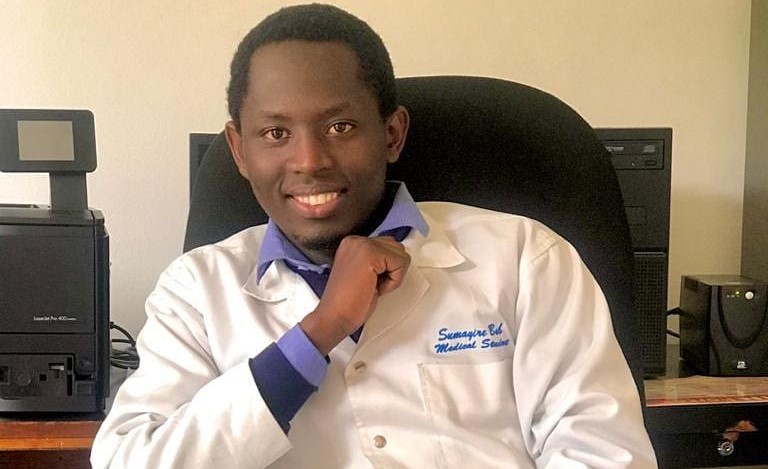The world is increasingly turning to online platforms for information, and healthcare is no exception. Arguably, the rapid growth of social media platforms has transformed the way health information is disseminated and accessed globally.
Today, not only is there an extensive amount of medical information and interactive services available through the Internet, but also an increasing number of health sites focusing on ‘healthy lifestyle’ issues.
In Rwanda, like in many other nations, social media, including platforms like YouTube, X (formerly Twitter), Instagram, Facebook, and LinkedIn, plays a significant role in health communication. People in Rwanda use these platforms to seek health related information, engage with healthcare professionals, and participate in health discussions.
This shift is substantiated by data, such as a 2020 survey indicating that approximately 55% of Europeans aged 16–74 proactively sought health-related information online, marking a substantial 21% increase since 2010.

Notably, countries like Finland, Netherlands, Denmark, and Germany have seen this proportion surpass the 70% mark. Moreover, statistical data from the UN African Renewal, International Telecommunication Union, and Rwanda Utilities Regulatory Agency underscore a remarkable growth trend in phone subscribers in Rwanda.
For instance, in 2003, there were 0.13 million subscribers, a number that surged to 1.32 million in 2008 and further escalated to 2.4 million in 2010, clearly outlining the upward trajectory.
Youth weigh in
With this, Dr Bob Sumayire, a licensed medical doctor has come up with an initiative of utilising different social media platforms and other online resources through “Behealthy” and “Bhealthy Media” an online platform active on YouTube with the aim of bridging the gap between medical expertise and the general public, offering a comprehensive, accessible, and engaging resource for individuals seeking reliable health information.
Why the “BeHealthy” initiative?
In an exclusive interview with Kigali Journal, Dr. Sumayire said that the primary goal of the ‘BeHealthy Media’ initiative is to provide accurate, reliable, and accessible health information to empower viewers, particularly Rwandans, to make informed decisions about their well-being. The initiative covers physical, mental, and emotional health aspects.
“Our target audience includes individuals of all ages and backgrounds who are interested in enhancing their health literacy. Bhealthy platform caters to both those seeking general health advice, students and health care professionals who may seek senior’s opinions and those managing specific medical conditions,” he explained.
Furthermore, the platform will serve as a reference tool, helping viewers learn about medical terms that are often difficult to understand due to the jargon used in the health industry. ‘Be Healthy’ aims to simplify the dissemination of this information, making it more accessible to the general public.
According to Dr. Sumayire, the platform covers a wide range of health-related topics, including the latest updates in the field. On the educational side, it focuses on nutrition, non-communicable diseases (NCDs), mental health and awareness, sexual and reproductive health education, infertility, emergencies and basic trauma support, patient stories and testimonials, cancer, and much more.
The internet is a golden hub of content that youth should fully utilise
Dr. Sumayire emphasized that the internet offers a wealth of educational resources, making it an invaluable tool for those who may not have access to books. While not everyone can afford to buy books, the internet is often free or inexpensive, providing a cost-effective way to access information.
“It’s a vast hub of resources and has created job opportunities for many young people interested in internet content,” he noted.
“We aim to make our platform a leading resource, even facilitating referrals in collaboration with other doctors. We plan to include programs such as Body Mass Index (BMI) calculators, menstrual and maternity programs, and other initiatives to serve individuals seeking information on critical health conditions,” he added.

